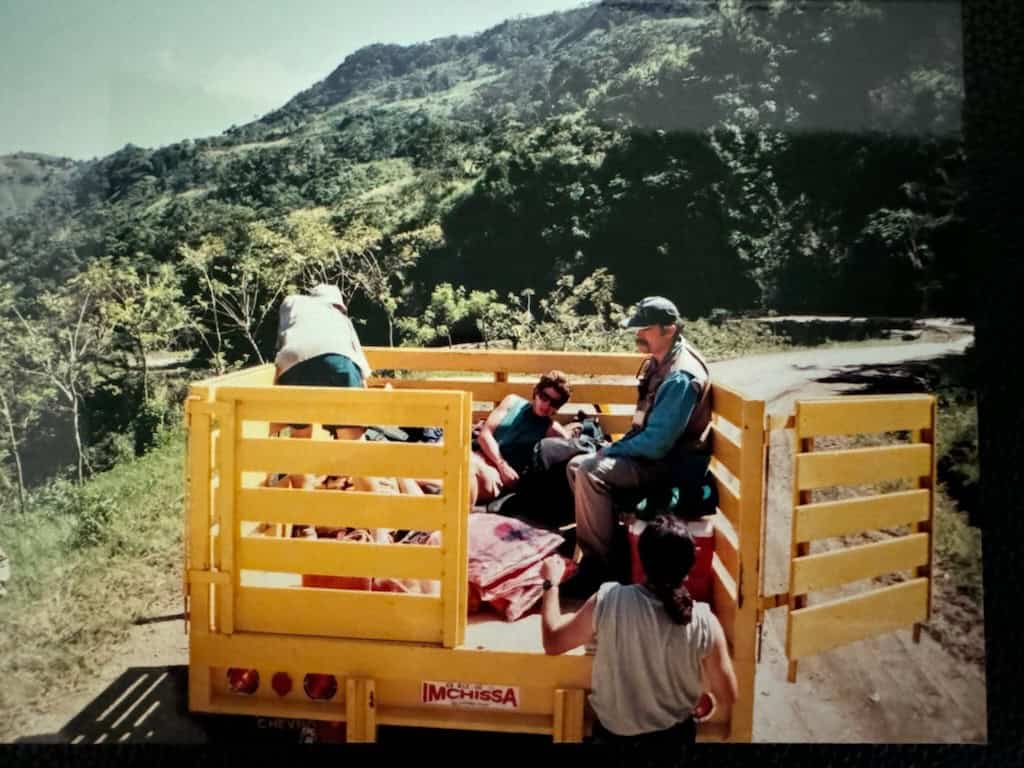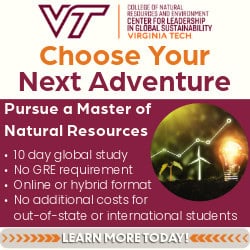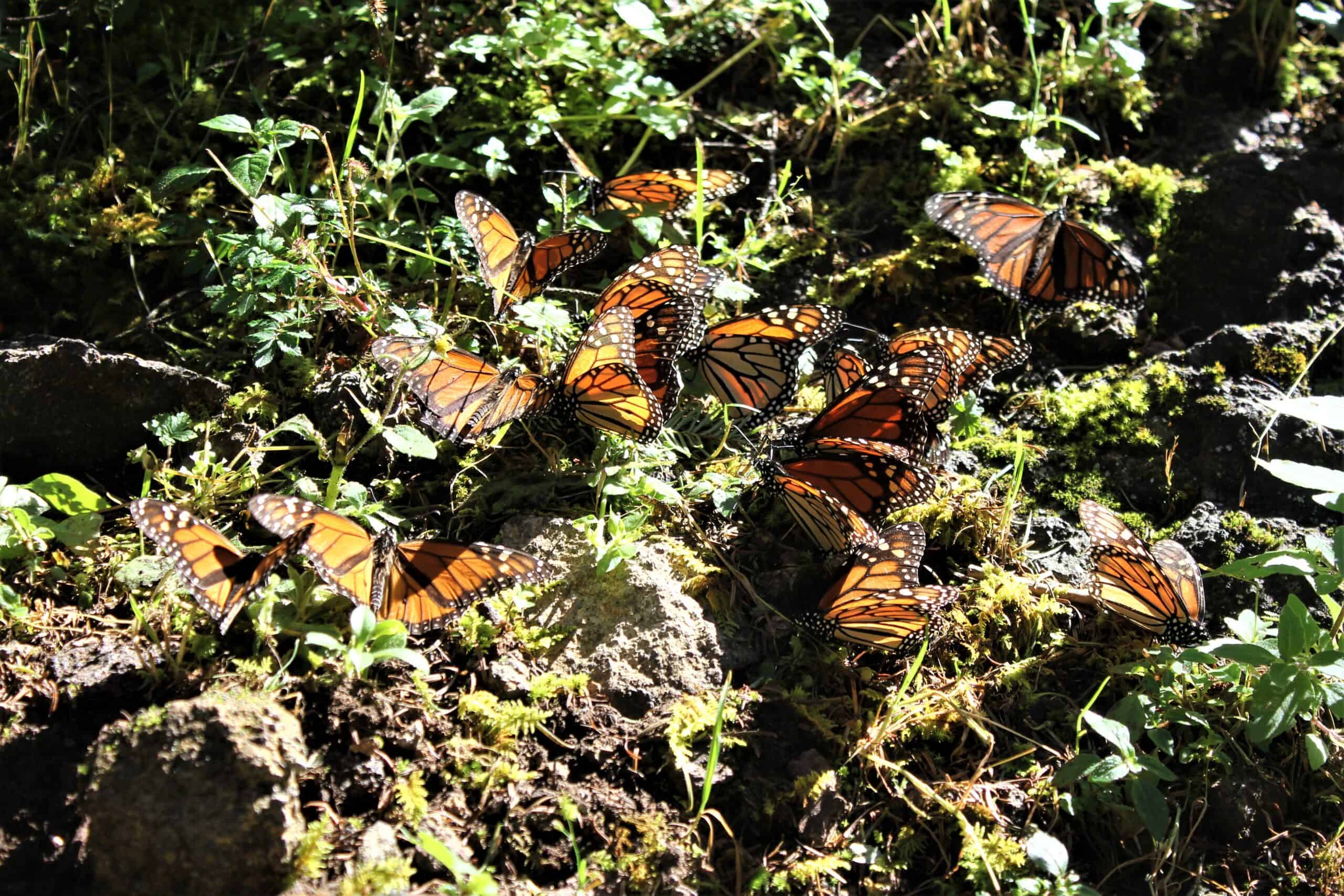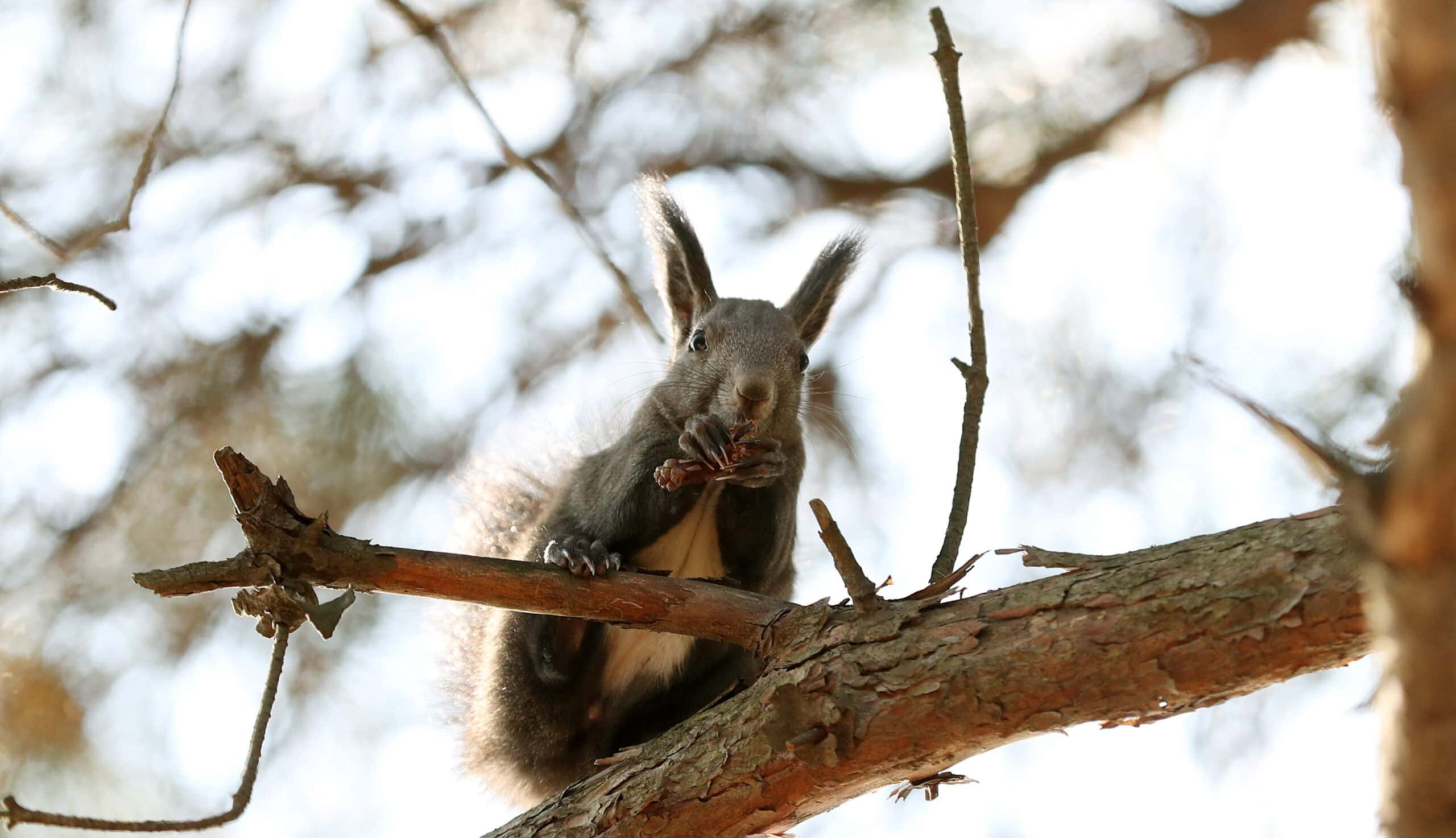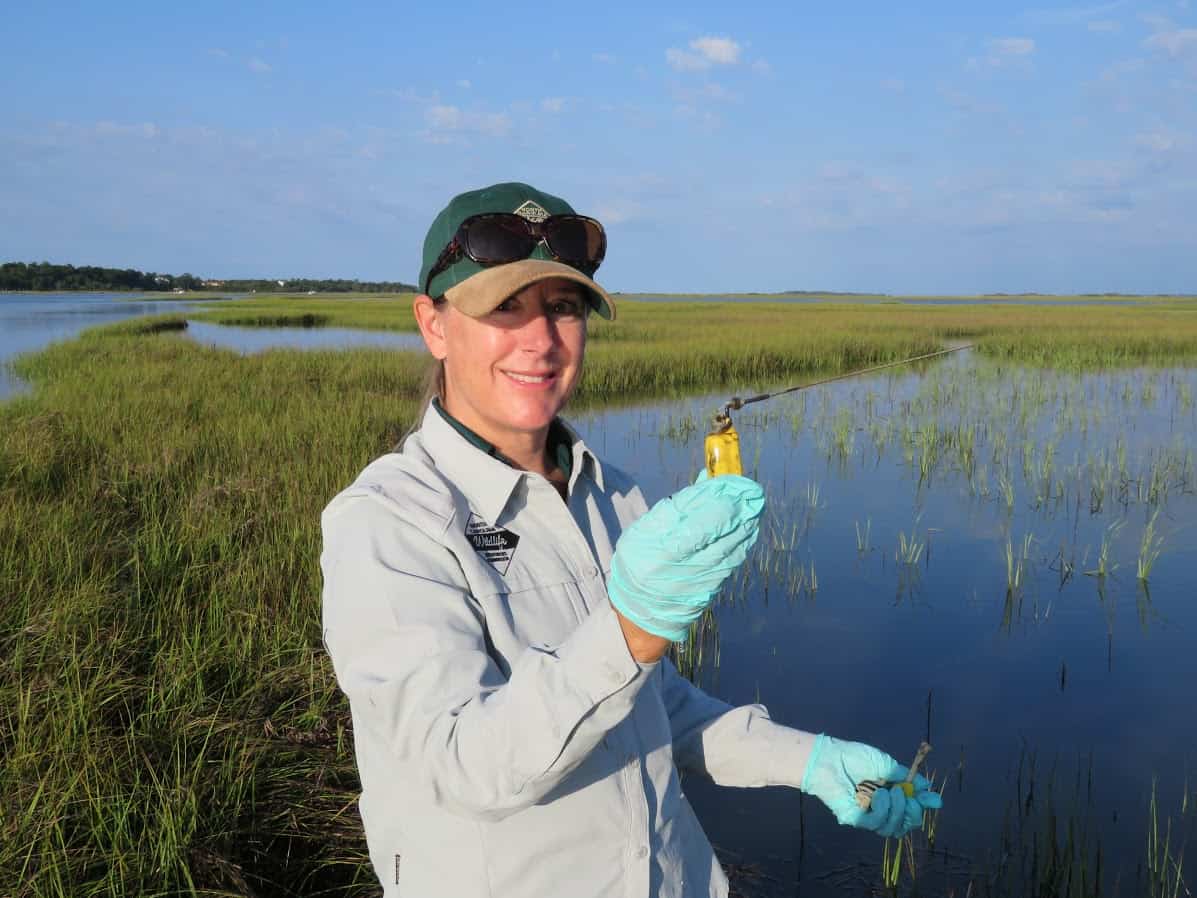Share this article
Wildlife Vocalizations: Kathy Granillo
TWS member recalls a memorable exchange trip at a reserve in southern Mexico
I love to travel and explore, and I have been lucky to travel to several amazing places for my work. I could make the case for several places being the most interesting, but the one that immediately comes to mind is Chiapas, Mexico.
I was a member of a team from the United States visiting Selva El Ocote Biosphere Reserve to provide advice on improving ecotourism opportunities and programs there. A few years prior in 1991, while I was a forest biologist at the Klamath National Forest, I had set up one of the first of the U.S. Forest Service’s Sister Forests as part of the Partners in Flight Program with a biosphere reserve in Chiapas. At the time, the Forest Service encouraged individual forests to find a counterpart forest or reserve in Latin America that shared some of the same neotropical migratory birds and to share management and research knowledge with them. I selected a biosphere reserve in Chiapas that not only provided winter habitats for many of the birds that breed in northwestern California, but that also shared management issues such as steep hillsides prone to landslides, and rivers with important fisheries.
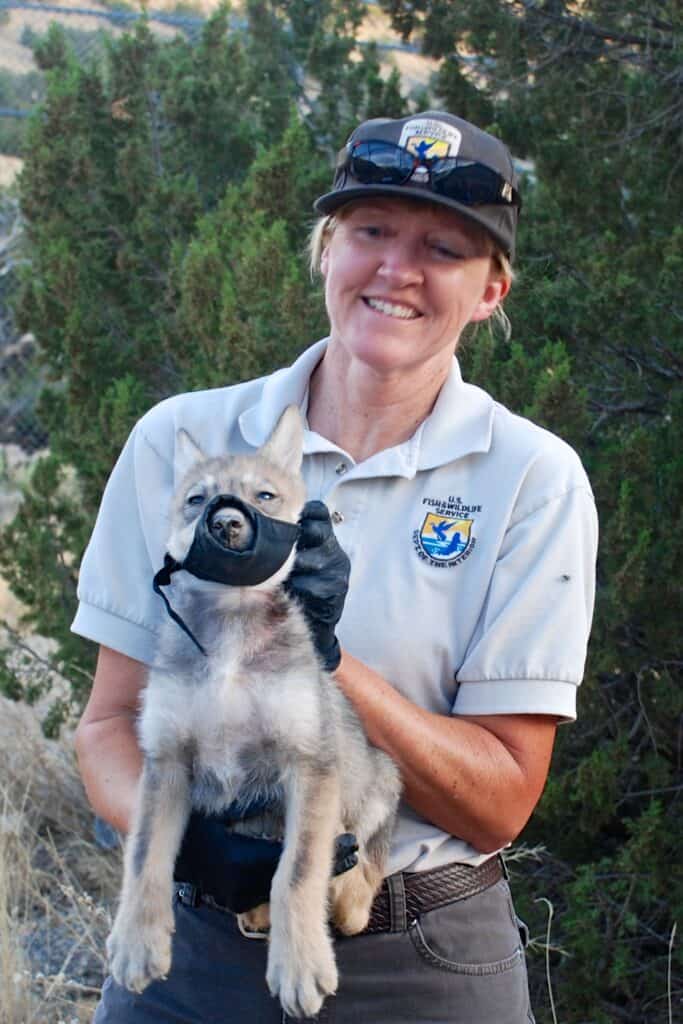
I then moved to a position with the U.S. Fish and Wildlife Service and biologist Brian Woodbridge picked up the Sister Forest project. He set up staff visits between Selva El Ocote and Klamath with themes around watersheds, fisheries and wildlife management. He implemented an inventory and monitoring program at the reserve and trained local biologists in survey techniques. He coordinated various research projects led by researchers from both the U.S. and Mexico.
The biological diversity and general integrity of the land wowed everyone who visited the reserve. Villages embedded in the reserve included small crop areas, and the people who lived there also cultivated shade-grown organic coffee in the forest understory.
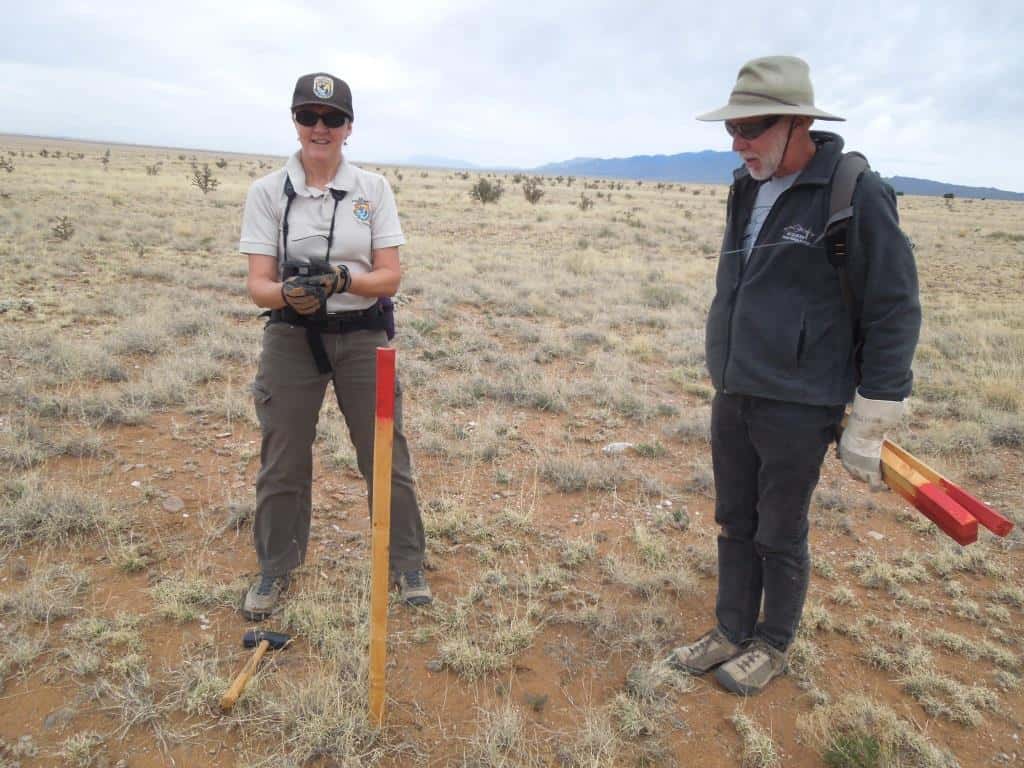
The U.S. Forest Service encouraged the reserve to work with the villagers to market their coffee in the shade-grown organic market, which was just starting to grow in popularity. The villagers could then be compensated more for this specialty coffee, and this encouraged them to keep sustainably growing coffee.
Woodbridge also encouraged locals to become tour guides and for Selva El Ocote to open to ecotourism groups. In order to offer the best experience for ecotourists, the reserve requested an assessment to determine its suitability for ecotourism. Woodbridge put together a team and invited me on. We all met in Tuxtla Gutierrez, the capital of Chiapas, and then toured the reserve for several days, mimicking a trip that a tour group might take.
The place was amazing—beautiful forests, lakes, rivers, colorful birds, a wide variety of mammals, reptiles and insects. It is a medium-to-high elevation humid tropical forest, and has a vast karst cave system, a type of landscape characterized by soluble rocks like limestone, which form jagged surface features and caves. The reserve staff were eager to show us around, and the local villagers were friendly.
The accommodations and some of the modes of travel were challenging. Transportation was primarily in the back of an open truck with slat sides that was called “El Pollo” due to its bright yellow color. When it rained, they threw a blue tarp over the truck bed where we rode. We stayed in two camps. The lodging for one was a large room with bunk beds, and outdoor dining was at a rustic table. The other site was a small house with several beds to each bedroom.
But both made for good stories when we ended our trip with a group dinner in San Cristobal de las Casas. The team wrote a detailed report in English and Spanish with recommendations for improving the area for ecotourism and submitted it to the reserve’s directorate.
It was a unique opportunity to see the intersection of protecting a truly amazing place while balancing the economic needs of the surrounding villages.
Wildlife Vocalizations is a collection of short personal perspectives from people in the field of wildlife sciences.
Learn more about Wildlife Vocalizations, and read other contributions.
Submit your story for Wildlife Vocalizations or nominate your peers and colleagues to encourage them to share their story. For questions, please contact tws@wildlife.org.
Header Image: Kathy Granillo’s colleagues ride in the back of a truck called “El Pollo.” Credit: Kathy Granillo



